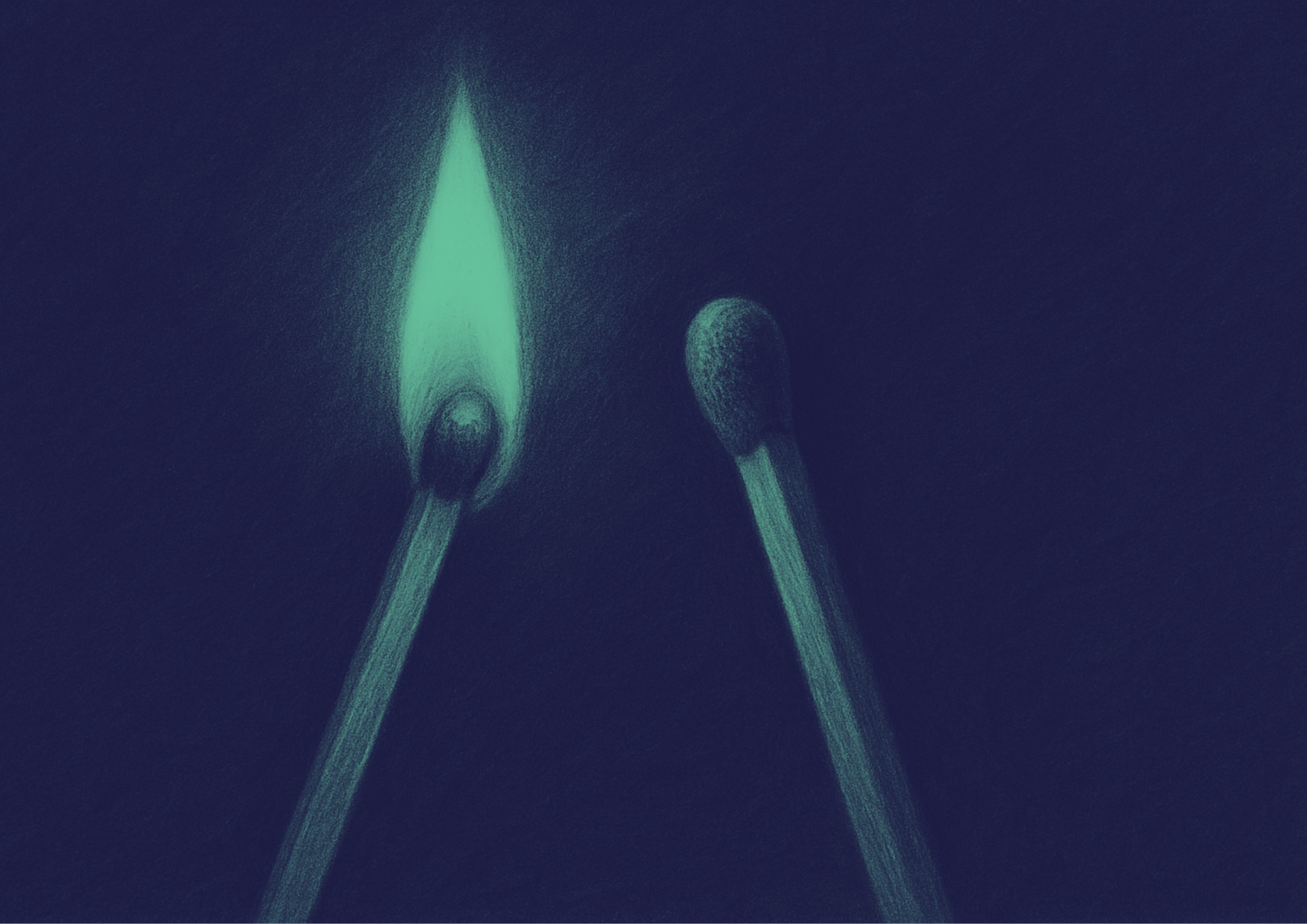The world's biggest problem isn't too many people; it's not enough of the right kind of thinking.
Humans scale better than anything
Buildings crumble. Code becomes legacy. But people keep inventing better stuff.
Take the iPhone. Steve Jobs didn't just build a phone; he built a team of humans who built a phone. Every breakthrough required curious minds solving problems nobody had solved before. More curious minds means faster progress in medicine, climate tech, and even video games.
Silicon Valley works because it concentrates talent. But what if we had ten Silicon Valleys? A hundred? The limiting factor isn't land or capital; it's the number of brilliant humans willing to think differently.
A newborn is a seed for both tomorrow's issues and tomorrow's cures.
Talent is a lottery. Play more tickets.
Nobody predicted Einstein would revolutionize physics. Nobody saw Beyoncé coming. The pattern holds: genius emerges from unexpected places.
Mozart's father was a composer, but most musical parents don't raise Mozart. Van Gogh's parents weren't artists. Elon Musk's parents weren't rocket scientists. Talent appears to follow some cosmic lottery system we barely understand.
The odds improve when more tickets exist. A bigger, more diverse world raises the chance of world-changing ideas. Every generation needs its outliers, the people who see what others miss.
Two parents are good. A planet full of playdates is better.
Population = resilience
Large ecosystems fight off shocks better than tiny ones. The same is true for civilizations.
When the Black Death hit Europe, cities with larger populations recovered faster. They had more blacksmiths, more doctors, more people who remembered how things worked. Small villages disappeared entirely.
Modern examples abound. Countries with aging populations struggle to innovate. Japan's brilliant engineers can't offset their demographic decline. More people give us more skills and viewpoints when times get tough.
If you fear robots will replace us, double down on making more engineers.
The best startup? Raising humans.
You invest time, effort, and love. The "returns" arrive as grown humans who solve problems you haven't even imagined yet.
Most startups fail. Most children succeed at being human. The success rate alone makes parenting a better bet than venture capital.
Consider the math: eighteen years of investment, followed by sixty years of productive output. Your child might cure cancer, write the next great novel, or just make their corner of the world kinder. All three outcomes beat most stock picks.
A shrinking population is like a shrinking brain. Thoughts slow down.
The planet is not a pie. It's a bakery.
Human creativity keeps baking bigger pies. We grow more food per acre now than ever before.
The doomsayers of the 1970s predicted mass starvation by 2000. Instead, we fed more people better than any generation in history. Norman Borlaug's wheat varieties saved a billion lives. One human's ingenuity multiplied everyone's prosperity.
Technology scales faster than population. We've doubled the number of humans since 1970 while cutting extreme poverty in half. The greenest act is raising a child who loves the Earth enough to fix it.
More humans means more problem-solvers, not just more problems.
Family scales empathy
Living with siblings teaches sharing, conflict resolution, and patience better than any app.
Only children learn to negotiate with adults. Children with siblings learn to negotiate with equals. They discover that other people have feelings, needs, and perspectives worth considering.
Those social muscles ripple outward into kinder communities. People who grew up in large families tend to be better team players, more generous with their time, and more skilled at reading social cues.
The lessons compound. A child who learns to share toys becomes an adult who shares ideas.
Culture is software that needs fresh hardware
Stories, values, and languages survive only if new kids run them.
Every language that dies takes with it a unique way of seeing the world. Every cultural tradition that fades represents lost wisdom about how to live well. Reproducing is how we keep the "human operating system" updated.
Children don't just inherit culture; they remix it. They take their parents' values and adapt them to new circumstances. Without this generational refresh, societies calcify.
Smart people don't "play it safe" by never reproducing. They hedge by upgrading the gene pool.
The investment thesis
Making more humans isn't just about quantity. It's about giving more shots at genius, kindness, and discovery. Every child represents a fresh attempt at solving humanity's biggest challenges.
The future belongs to civilizations that invest in their next generation. Civilizations don't die of age. They die of doubt.
But optimism is a choice. So is hope. So is the decision to bet on human potential.
Invest in the future. Not just capital. Not just products. Humans. Make more of them.
